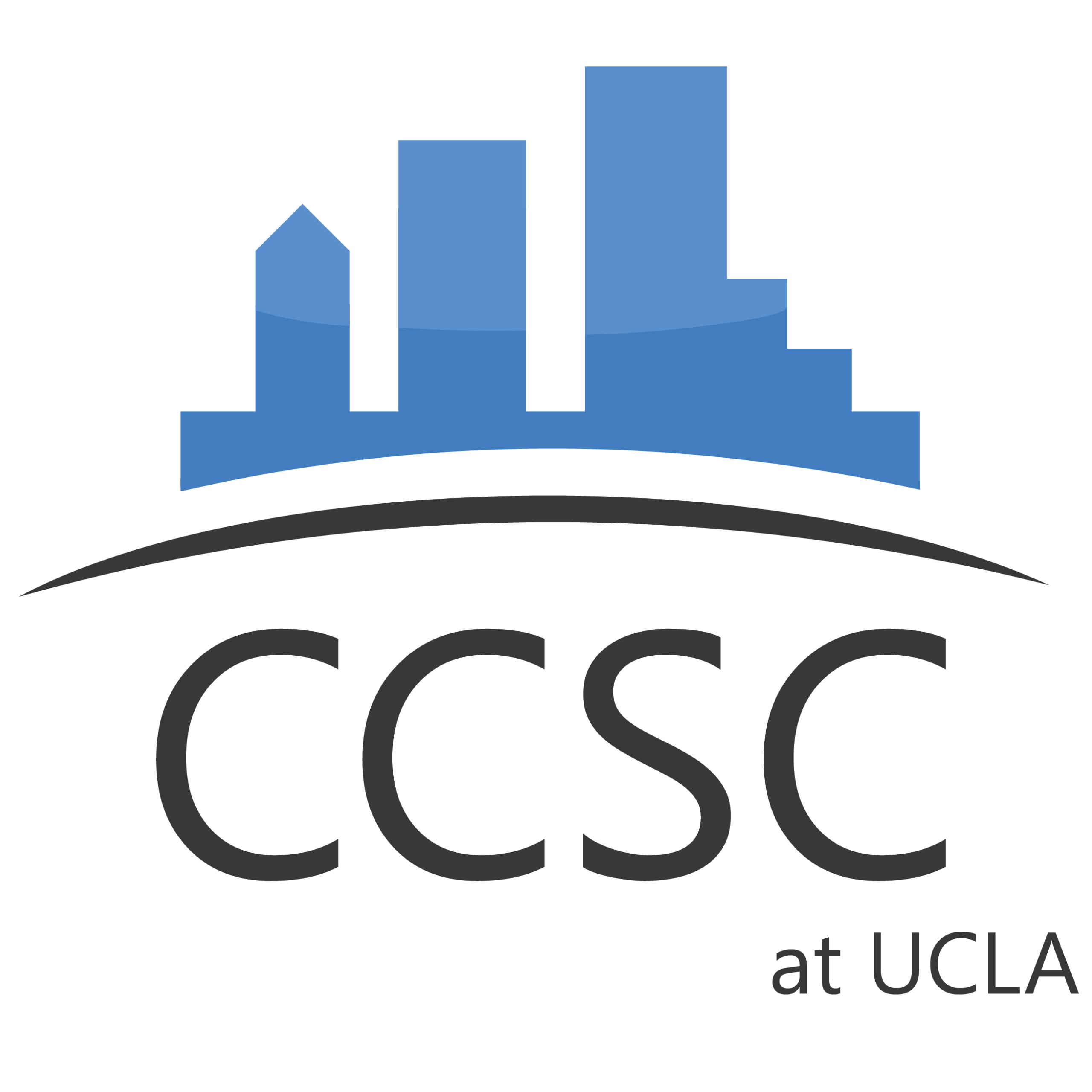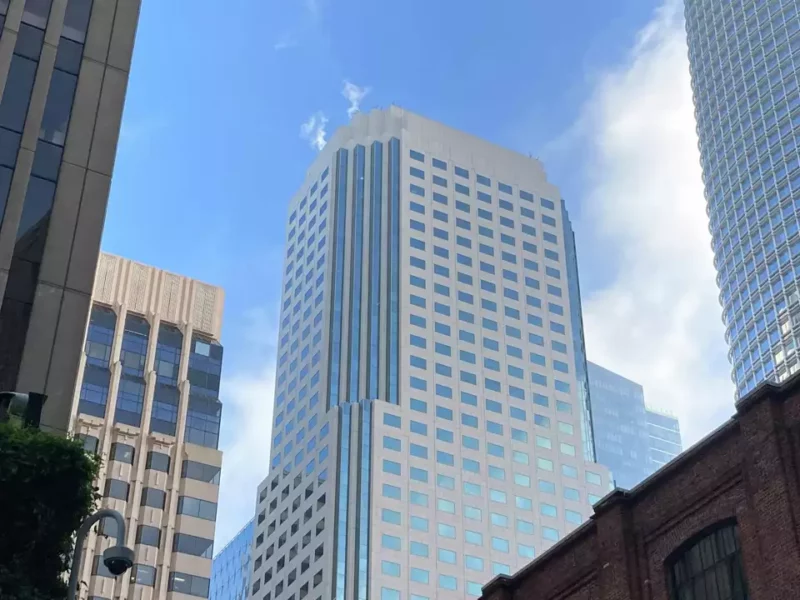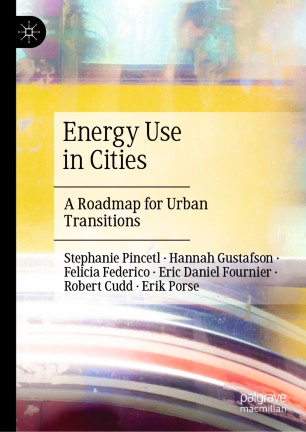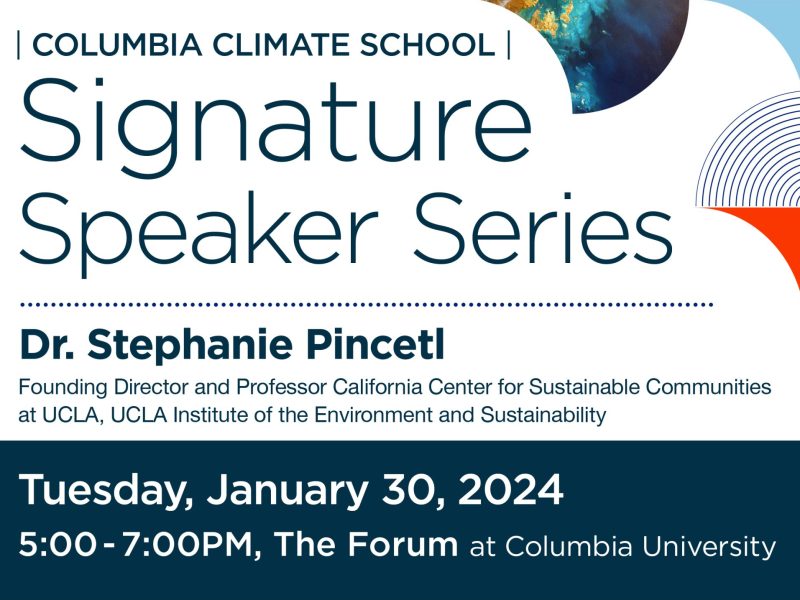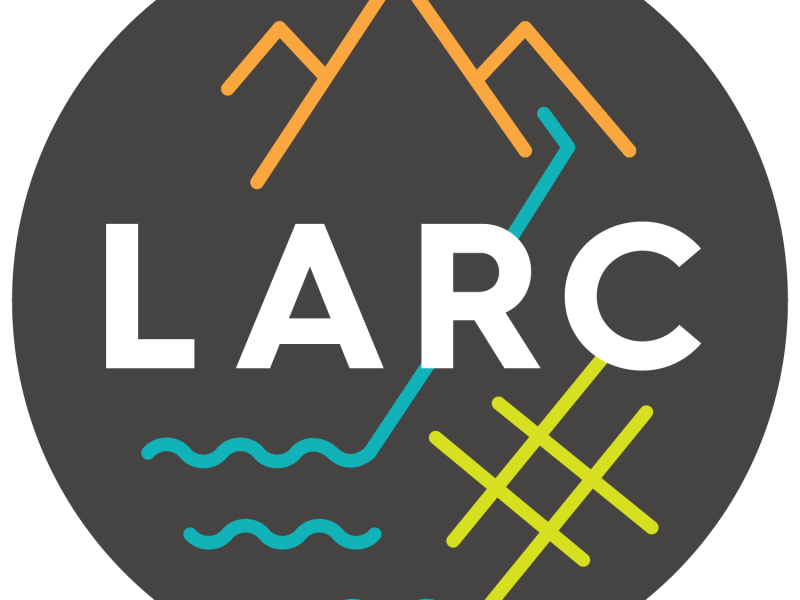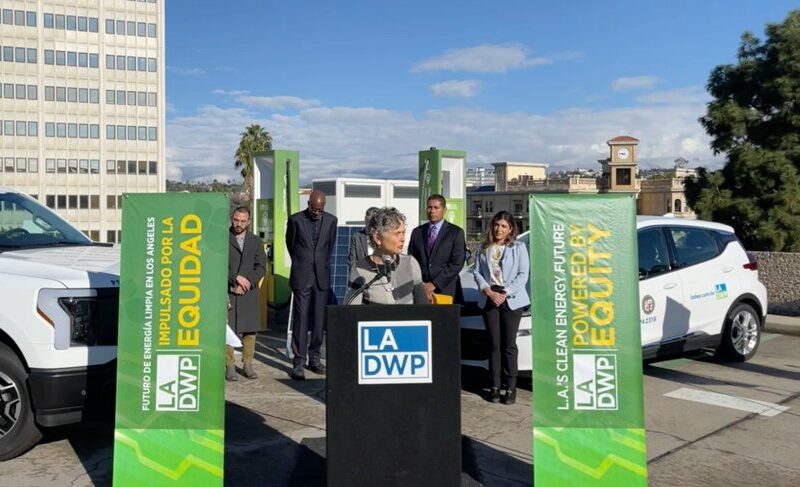Headline
Downtown S.F.’s office buildings are guzzling tons of energy no one is using
Building experts say it’s no surprise that empty offices are burning so much energy. Electrical infrastructure like elevators consumes energy even when not in use, as do the pumps that maintain water pressure for faucets and toilets, said Eric Fournier, research director at UCLA’s California Center for Sustainable Communities. Turning these off would make it hard for buildings to “maintain a posture of openness.” A building is “kind of a living thing,” he said. “You can’t just cut the cord on it and expect it to carry on in good health for a long period of time.” Air conditioning systems are also kept on in empty buildings to avoid structural problems, mold and water-borne illnesses. The design of these large offices, many of which were built over a century ago, typically assumes a certain range of temperatures, Fournier explained. “If you deviate from that for a prolonged period, weird things happen that could be very expensive to fix.”

